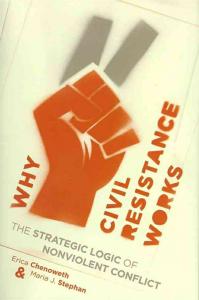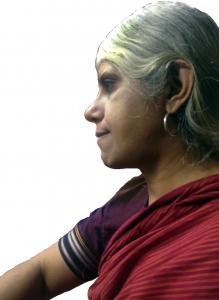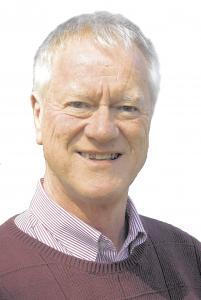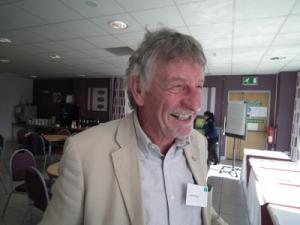It is not enough for the anti-cuts movement to be a defensive, responsive movement. It is not enough to point out the flaws in the arguments for austerity (as the False Economy website does so brilliantly).
If we are going to have a world worth living in, we are going to have to merge together the agendas of the anti-cuts movement, the green movement, the labour movement and the peace movement.
We are already arguing for…





